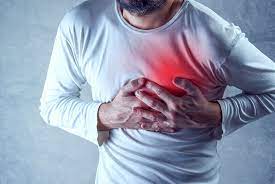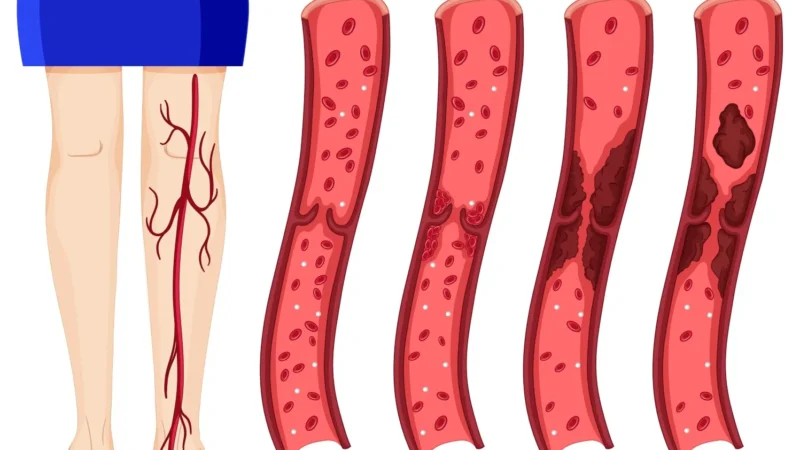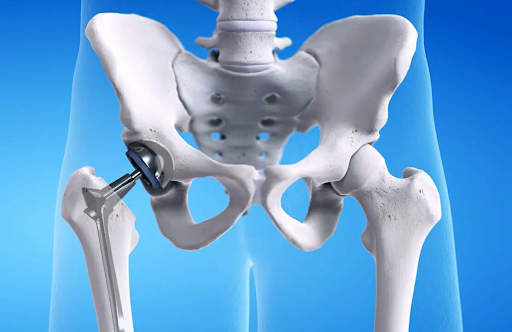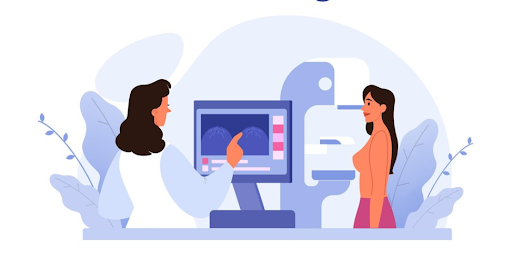Heart Attack: The Importance of the Golden Hour

When it comes to heart attacks, there is no way to predict how and when they might happen. However, how you respond to the situation can go a long way towards saving someone’s life.
The Golden Hour of the heart attack:
The “golden hour” denotes the first hour after a heart attack, and it can be lifesaving for those the patient. It can be challenging to determine precisely how long this period lasts, but it’s typically about 60 minutes.
How and why is the first hour after a heart attack the most important?
The first hour of acute myocardial infarction (AMI) is the most critical time for the patient. The sooner an ambulance or emergency response team arrives on the scene, the better chance a patient has of surviving a heart attack and avoiding serious health problems later in life.
The medical team needs to administer various treatments during this time to help minimize damage to the heart muscle and prevent a sudden cardiac arrest.
Signs of a Heart Attack:
These signs will help one ascertain that a person is suffering a heart attack. Below are the points mentioned that will help one in determining them:
- Chest pain or discomfort:
The most prevalent symptom of a heart attack is chest pain (or discomfort). The patient feels pressure, tightness, squeezing, fullness, or burning in the chest. It could often radiate to the left arm and shoulder. It can be felt as pain along one or both sides of the back and abdomen. Some people also experience nausea, vomiting, and shortness of breath during a heart attack.
- Shortness of breath:
Shortness of breath is one symptom that indicates that something is very wrong with the body. It is caused by inadequate amounts of oxygen reaching the lungs.
It is recommended you visit the nearest Delhi heart hospital if you experience any symptoms described above.
The other signs you must look out for are:
There are other ways to recognize a heart attack. These signs are not clear indicators, but they may or may not accompany chest pains and shortness of breath:
- Dizziness
- Fatigue
- Vomiting or nausea
- Confusion or loss of consciousness
- Stomach ache
- Incessant sweating
What should be done if a person has a heart attack?
* If you see someone going into a heart attack, the first thing you need to do is call emergency services as soon as possible and provide information about the victim’s condition and location. If the emergency services are taking too long to respond, take the matter into your own hands. Without wasting time, drive to the nearest Delhi heart hospital or any hospital to get the patient admitted as soon as possible.
* If the ambulance takes too long to arrive, the patient can be given aspirin, which will prevent the blood from clotting. However, it is important to know that aspirin should not be given to the patient if they are allergic or have been advised by the doctor not to take it.
* CPR should be performed only if the patient becomes unconscious. It is a technique that can help someone who has stopped breathing or whose heart has stopped beating. It is done by pressing firmly and fast on the person’s chest at a rate of about 100 pumps per minute. The objective of CPR is to keep blood flowing to the brain until professional help arrives.
* It is recommended to use automated external defibrillators (AEDs) if they are available. When utilized in the initial few minutes following a collapse from unexpected cardiac arrest, CPR and early defibrillation used together is beneficial in saving lives.
Are heart attacks and cardiac arrest the same thing?
Often, people are under the perception that both issues are the same, but they are not. A heart attack is a life-threatening condition that occurs when a coronary artery becomes blocked and stops blood flow to the heart. It is a long-standing medical condition that takes time to develop.
However, cardiac arrest occurs when the electrical activity in the heart becomes irregular and then stops altogether. The heart stops pumping blood, and it doesn’t reach the body’s vital organs, such as the lungs and brain. The cardiac arrest will happen suddenly and without any warning, and the person may die immediately due to it.
Conclusion
It is imperative to recognize the signs related to a heart attack that can eventually lead to cardiac arrest. The significance of the “golden hour” is directly related to saving a person’s life. Not only should you be familiar with the actions required in case of a heart attack, but it is also important to keep the emergency numbers of the Delhi heart hospital in case of emergencies.






